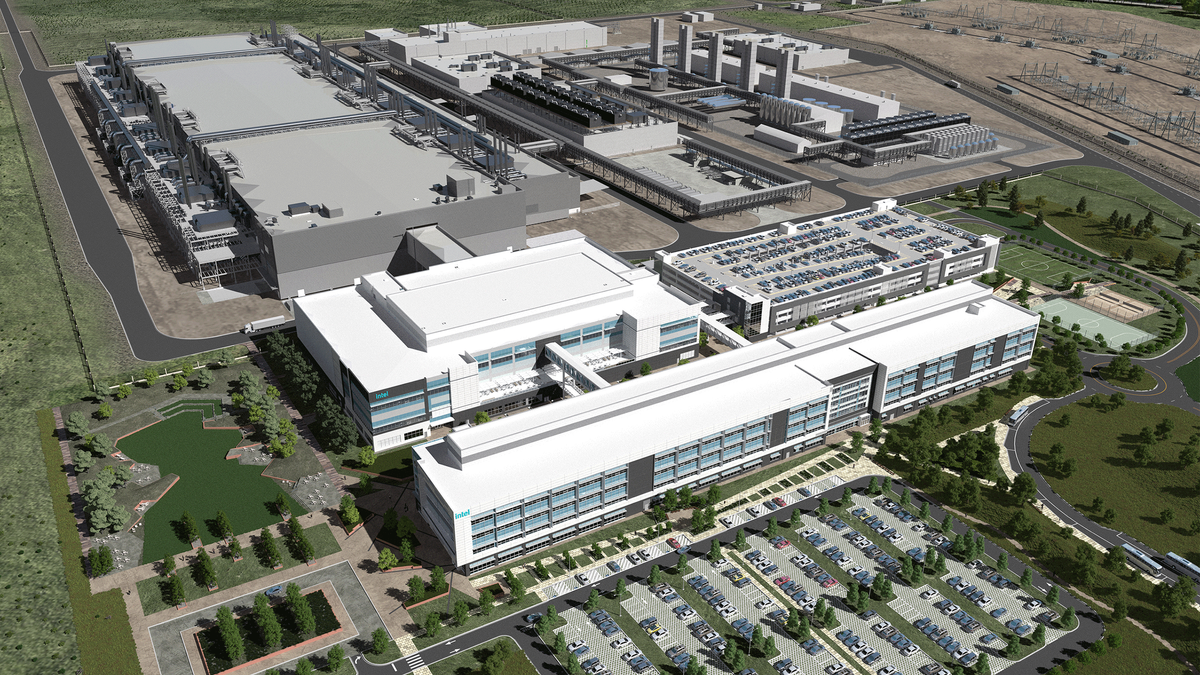

GAA is the next evolution of transistor architecture from FinFET, but as far as I know has no direct link to smaller process nodes. In that (to my understanding) it doesn’t require small nodes and could be used just as easily in larger ones. It’s just that it is more difficult so until now there were other easier ways to make progress. However with new nodes getting more expensive and giving less scaling gaa and other things like backside power delivery are being pursued.
We will have to see if the process is actually good, but I have little doubt that China will become competitive in EUV within 5 years. But if they have it already next year, that will be very fast.
So not only do you expect China to have a working domestically produced EUV machine within 5 years, but a competitive one? Or possibly even next year?
Next year is just pure fantasy that I don’t think even the most optimistic would assume. If they were anywhere close to that we would already know. They’d have shown a working prototype by now.
Euv is crazy difficult and you not only the result of a single company ASML, but many highly specialized companies that are leaders in their respective fields and all over the world like e.g. Zeiss for for the lenses. So for China to replicate it domestically they’d need to copy the whole supply chain. Which is orders of magnitude more difficult than what they’ve done in other industries like electric vehicles or solar panels.
Imo if they have a working prototype of a complete EUV machine within this decade it would already be impressive. But that would still be far off from mass production or wherever the industry is by then (Intel is currently trialing high na EUV). Also for reference Wikipedia says ASML had their first prototype in 2006 and we know how long it took to being that to mass production. China as a second mover might have an edge that speed things up, but just knowing how it works in theory isn’t enough and there are o shortcuts.
But maybe they also pursue another technique such as nano imprint (like canon) to achieve smaller nodes. Maybe that would be easier to replicate without existing global supply chains.









To advertise that they can? In return what would be the purpose to hide it?
They do seem to make their advancements at least somewhat public, e.g. with their recent progress with a EUV light source.
I am probably on the pessimistic side and you maybe on the optimistic, so the reality will likely end up being somewhere in between (but only time will tell).
Well it also was developed in the west by a large amount of talent and resources and still took a lot of time. But you are absolutely right that their hand is being forced.
Restricting exports like this imo was a huge mistake, imo especially in regard to duv. In the end it might have achieved some damage in the short/medium term, but that wasn’t anything the us could capitalize on and it also directly hurt ASMLs profits (meaning less resources to advance). And regardless how the timeline ends up looking on the end (be it closer to your or my prediction), physics are the same everywhere so that can’t be restricted and they will eventually be able to figure it out.